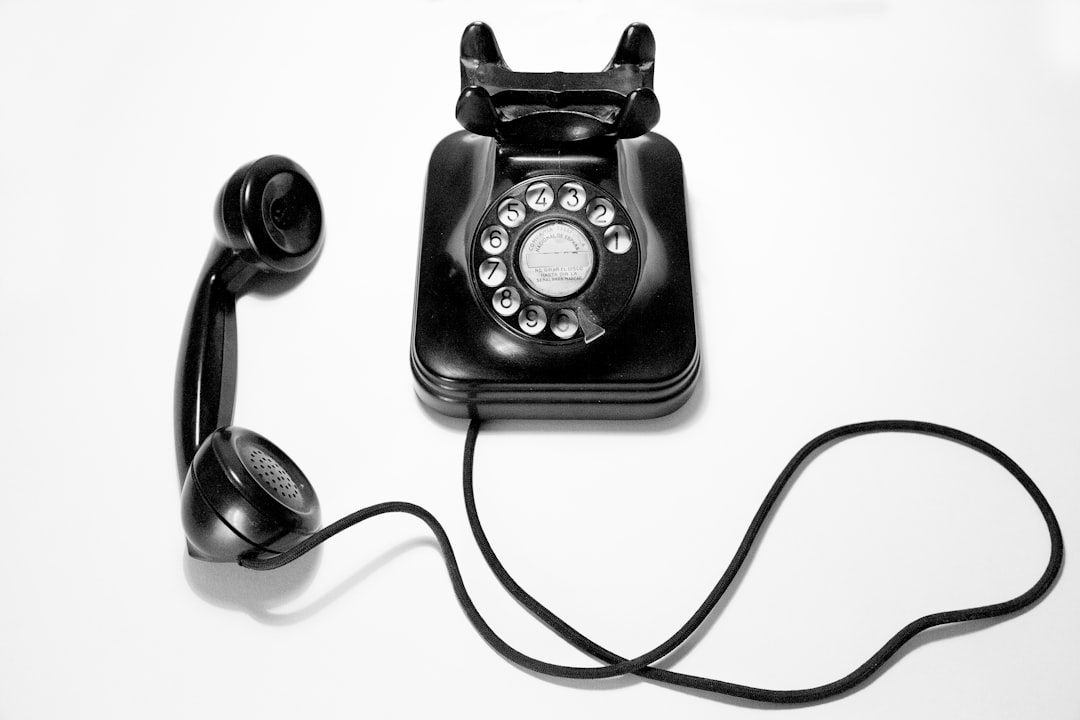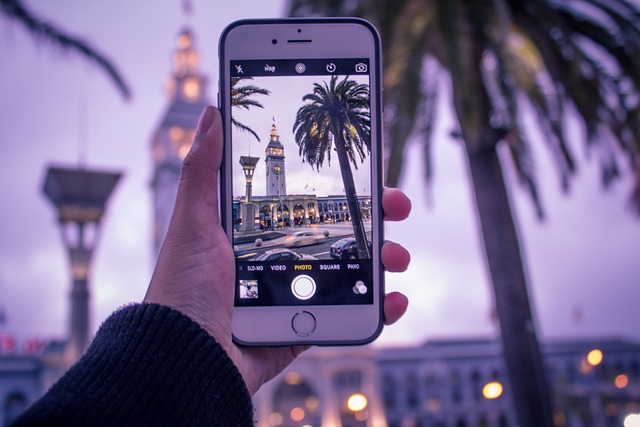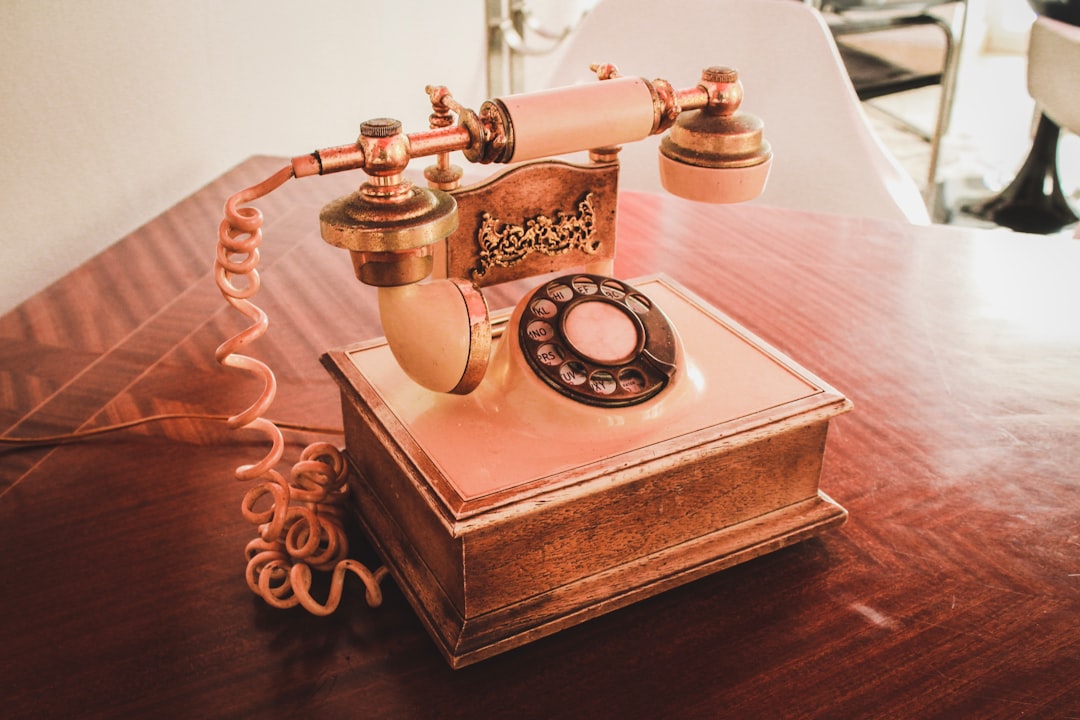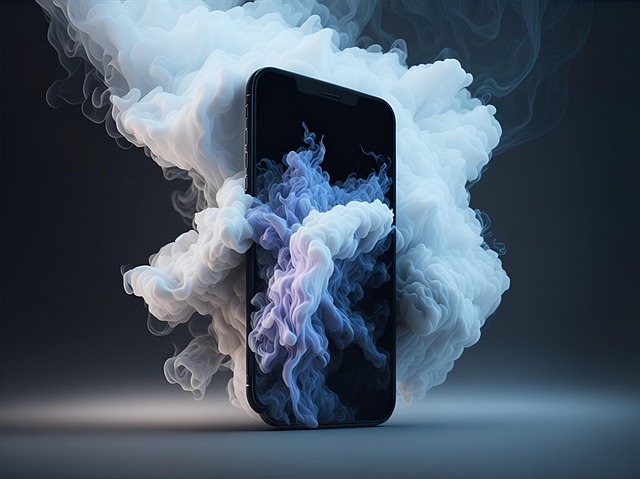In South Carolina, autodialing is heavily regulated by the state's No Call Laws to protect residents from unwanted phone calls. Automated messages are generally prohibited without prior express permission, with exceptions for government entities, non-profits, and businesses with established relationships. Individuals and businesses must obtain clear consent from callers, consult specialized No Call Laws lawyers, and comply with FCC and PSC guidelines to avoid legal issues related to unauthorized autodialing. Violators face significant penalties, including fines up to $15,000. Consulting a No Call Laws lawyer or robocall attorney in South Carolina can help protect your rights, document unauthorized calls, report them, and take legal action against offenders.
“In the state of South Carolina, understanding and adhering to No Call Laws is crucial to avoid legal penalties. This comprehensive guide explores the intricacies of autodialer use without express permission. We delve into ‘Understanding South Carolina’s No Call Laws,’ clarify legal boundaries with ‘When is Autodialing Legal?’, and emphasize the importance of ‘The Role of a Lawyer’ in navigating these regulations. By understanding your rights and obligations, you can protect yourself from unwanted robocalls and ensure compliance.”
- Understanding South Carolina's No Call Laws: A Comprehensive Overview
- When is Autodialing Legal? Defining Express Permission in SC
- The Role of a Lawyer: Navigating Robocall and No Call Regulations in South Carolina
- Common Mistakes to Avoid: Preventing Unwanted Calls According to SC Law
- Enforcement and Penalties: What Happens if You Violate No Call Laws in South Carolina?
- Your Legal Rights: Protecting Yourself from Unwanted Autodialed Calls
Understanding South Carolina's No Call Laws: A Comprehensive Overview
In South Carolina, the No Call Laws are designed to protect residents from unwanted telemarketing calls and robocalls. These laws give consumers the right to restrict marketing messages and ensure that their phone lines remain free from intrusive sales calls. The primary piece of legislation governing this is the Telephone Consumer Protection Act (TCPA), which restricts businesses from making automated or prerecorded calls to individuals who have not granted explicit consent.
The No Call Laws in South Carolina are comprehensive, allowing residents to register their phone numbers on the “Do Not Call” list and sue for damages if they receive unauthorized telemarketing calls. A “No Call Laws lawyer” or attorney specializing in this area can guide individuals through the process of filing complaints and seeking legal recourse against companies violating these laws. Robocall attorneys and law firms in South Carolina play a crucial role in helping clients navigate their rights and ensuring that businesses adhere to the state’s regulations regarding automated calls.
When is Autodialing Legal? Defining Express Permission in SC
In South Carolina, autodialing—a common practice in telemarketing and political campaigns—is subject to strict regulations under the state’s No Call Laws. These laws are designed to protect residents from unwanted phone calls, ensuring their privacy and peace of mind. Generally, robocalls or automated messages are prohibited without prior express permission. However, there are exceptions; autodialing can be legal in specific circumstances. For instance, calls from government entities, non-profit organisations, or businesses with an established business relationship are generally allowed.
Defining ‘express permission’ is crucial here. In the context of South Carolina’s No Call Laws, it means a clear and voluntary agreement by the caller to receive automated phone messages. This consent can be obtained through various methods, such as a signed form, verbal agreement during an interaction, or opt-in through a dedicated website or text message service. Lawyers specializing in No Call Laws (also known as robocall attorneys) in South Carolina can guide individuals and businesses on navigating these regulations, ensuring compliance to avoid potential legal repercussions. Such law firms often assist clients by providing strategic advice, drafting consent forms, and representing them in cases involving unauthorized autodialing.
The Role of a Lawyer: Navigating Robocall and No Call Regulations in South Carolina
In South Carolina, the role of a lawyer is pivotal in navigating the complex landscape of No Call Laws and robocall regulations. With an increasing number of businesses utilizing automated dialing systems for marketing purposes, it’s essential to have legal guidance to ensure compliance with state laws designed to protect consumers from unwanted calls. A qualified no call laws attorney in South Carolina can help businesses understand and adhere to the rules set forth by the Federal Communications Commission (FCC) and the South Carolina Public Service Commission (PSC).
These regulations not only restrict the timing and frequency of automated calls but also mandate explicit consent for such communications, often referred to as express permission. Lawyers specializing in this area can advise clients on obtaining proper authorization from consumers before making robocalls, drafting comprehensive privacy policies, and developing strategies to minimize legal repercussions in case of violations. By enlisting the help of a robocall law firm in South Carolina, businesses can avoid costly lawsuits and maintain a positive reputation while effectively communicating with their target audience.
Common Mistakes to Avoid: Preventing Unwanted Calls According to SC Law
In South Carolina, preventing unwanted calls and protecting yourself from autodialers is crucial under the state’s No Call Laws. A common mistake is assuming that all robocalls are illegal. While many automated telephone marketing calls are restricted, some are permitted with proper consent. To avoid issues, individuals should be vigilant about granting explicit permission for marketing calls. Engaging with a call and providing any form of response, even to opt out, can be interpreted as consent, so it’s essential to hang up promptly if you don’t want the call.
Another blunder is not understanding that companies often rely on third-party telemarketing firms, which may not always adhere to local laws. Using a No Call Laws lawyer or consulting with an attorney specializing in robocall law in South Carolina can help individuals protect their rights and navigate the complex legal landscape surrounding these issues. Staying informed about one’s rights and taking proactive measures to prevent unwanted calls is key to avoiding potential legal repercussions and ensuring peace of mind.
Enforcement and Penalties: What Happens if You Violate No Call Laws in South Carolina?
In South Carolina, the enforcement of No Call Laws is taken seriously to protect residents from unwanted phone marketing calls, often referred to as robocalls. If a caller violates these laws by initiating automated or prerecorded calls without prior express consent, they can face significant penalties. A No Call Laws lawyer in South Carolina can help individuals understand their rights and take action against violators.
Penalties for violating the state’s No Call Laws include fines ranging from $500 to $15,000 per violation, depending on the number of calls made and the willfulness of the infraction. Additionally, affected consumers can seek damages, including actual monetary losses and court costs, by filing a lawsuit against the offending party with the help of a robocall attorney in South Carolina. It’s crucial to document such unauthorized calls and report them to the South Carolina Public Service Commission for prompt investigation.
Your Legal Rights: Protecting Yourself from Unwanted Autodialed Calls
In South Carolina, your right to privacy and peace is protected by strict No Call Laws designed to curb unwanted automated phone calls, or robocalls. If a company or individual uses an autodialer to contact you without obtaining prior express consent, they are in violation of these laws. As a consumer, you have the power to take action against such practices.
Seeking legal counsel from a qualified No Call Laws attorney in South Carolina can be a crucial step in protecting yourself. These experts can guide you through the process of filing a complaint with relevant authorities and even pursue legal action against the culprits responsible for these invasive calls. Reputable robocall law firms in South Carolina specialize in this area, offering their services to ensure your rights are upheld and unwanted telemarketing practices are deterred.






